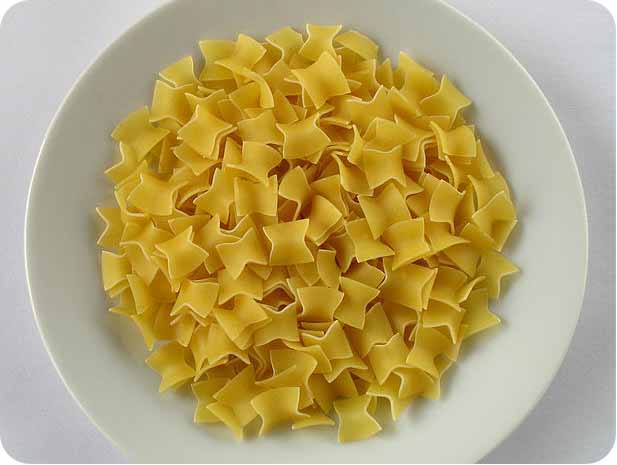Neurologist David Perlmutter on Brain Dysfunction & Your Daily Bread
 Saturday, November 30, 2013 at 11:16AM
Saturday, November 30, 2013 at 11:16AM
"Yes, you read that right: Brain dysfunction starts in your daily bread, and I'm going to prove it. I'll state it again because I realize it sounds absurd: Modern grains are silently destroying your brain. By "modern" I'm not just referring to the refined white flours, pastas, and rice that have already been demonized by the anti-obesity folks; I'm referring to all the grains that so many of us have embraced as being healthful - whole wheat, whole grain, multigrain, seven-grain, live grain, stone-ground, and so on. Basically, I am calling what is arguably our most beloved dietary staple a terrorist group that bullies our most precious organ, the brain. I will demonstrate how fruit and other carbohydrates could be health hazards with far-reaching consequences that not only will wreak physical havoc on your brain, but also will accelerate your body's aging process from the inside out. This isn't science fiction; it's now a documented fact."
Grain Brain: The Surprising Truth About Wheat, Carbs, and Sugar – Your Brain’s Silent Killers
Image credit: Don't Die Early - The Book
 aging,
aging,  carbohydrates in
carbohydrates in  Books ,
Books ,  Brain Health
Brain Health 


